Search
Search within Resources
1447 results found
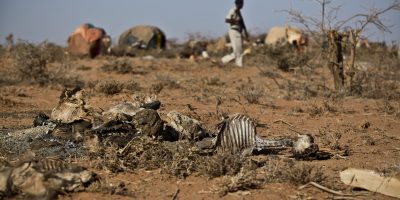
Briefing
Assessing Drought Displacement Risk for Kenyan, Ethiopian and Somali Pastoralists
This study represents an initial attempt to assess patterns of displacement related to droughts in selected countries of the Horn of Africa, specifically the border regions of Kenya, Ethiopia and Somalia. The study explores several scenarios to identify potential impacts…

Evidence review
Is Settling Good for Pastoralists? The Effects of Pastoral Sedentarization on Children’s Nutrition, Growth, and Health among Rendille and Ariaal of Marsabit District, Northern Kenya.
The settling of formerly mobile pastoral populations is occurring rapidly throughout East Africa. Pastoral sedentarization has been encouraged by international development agencies and national governments to alleviate problems of food insecurity, health care delivery, and national integration. However, it has…
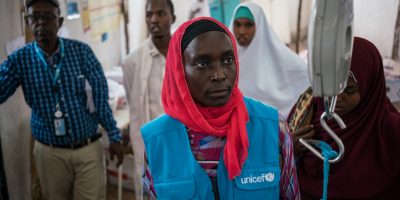
Evidence review
The Aftermath of Aid: Medical Insecurity in the Northern Somali Region of Ethiopia
This dissertation explores the lasting effects of recurrent temporary medical humanitarian operations through ethnographic research in communities, clinical facilities, nongovernmental aid organizations, and governmental bureaucracies in the northern Somali Region of Ethiopia.
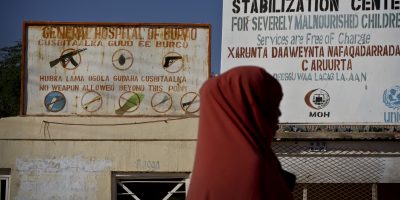
Evidence review
Somali Health Care System and Post-Conflict Hybridity
The aim of this article is to contribute to this understanding of the wider health care system in a post-conflict Somali context, in particular in Somaliland. The fieldwork included participant observation and interviews of several local healers and their patients…

Background report
A Gendered Human Rights Analysis of Ebola and Zika: Locating Gender in Global Health Emergencies
This article analyses the particular relevance of gender for debates about global health and the role for international human rights law in supporting improved health outcomes during public health emergencies. Looking specifically at the recent Ebola and Zika outbreaks, what…
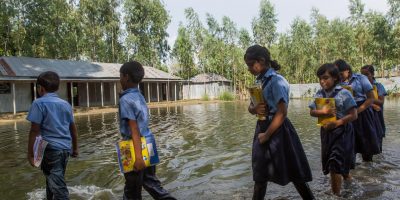
Evidence review
Effects of Climate Change on the Social & Environmental Determinants of Health in Africa
The authors present current evidence on how climate change impacts on social and environmental determinants of health and the link between these determinants and the vulnerability of local communities. They outline proven community-based interventions that local populations in developing countries…
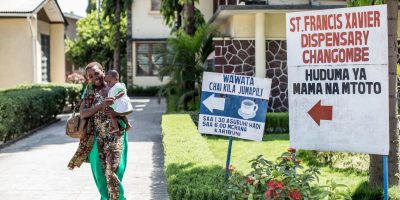
Background report
Preventing and Coping with HIV/AIDS in Post-Conflict Situations: Gender-Based Lessons
This briefing note summarises the rationale behind a symposium held in South Africa, which objectives were: to provide a quick overview of gender-sensitive practices which have been effective in preventing and coping with HIV/AIDS in communities in the aftermath of…
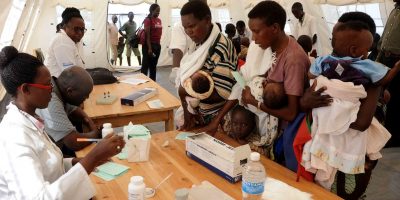
Background report
Prioritising Health Activities in Humanitarian Crises
The Sphere Humanitarian Charter states that: All people should have access to health services that are prioritised to address the main causes of excess mortality and morbidity. There are a number of handbooks to aid prioritisation in crisis situations (highlighted…

Evidence review
Including People with Disabilities in Emergency Relief Efforts
More must be done to ensure the needs and rights of people with disabilities are fully recognised in disaster risk reduction and emergency responses. Accelerating progress will require inclusive humanitarian programming and the use of technological solutions to be effectively…
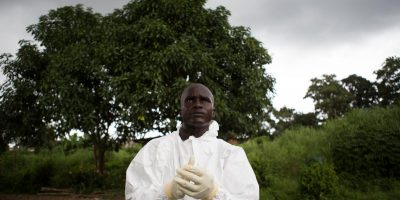
Briefing
Managing Rumours and Misinformation in West Africa
Rumours about Ebola generated social challenges that were real but surmountable, finds Amzath Fassasi.

Briefing
Managing Health Crises After Ebola: Key Resources
Rachel Thomas maps out the various institutions involved in the response and reviews communication challenges. The ongoing outbreak of Ebola in West Africa is the largest and longest since the virus was discovered four decades ago. Many organisations have been…
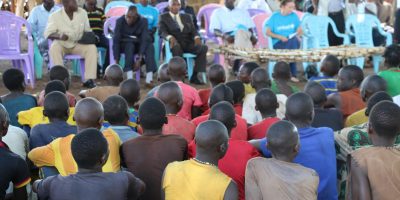
Evidence review
Revisiting Therapeutic Governance: The Politics of Mental Health and Psychosocial Programmes in Humanitarian Settings
In the last thirty years, humanitarian programmes have increasingly sought to preserve not only physical life and health, but also to address psychological needs and promote social well-being. This growing prioritisation of psychological issues in humanitarian settings can be seen…


